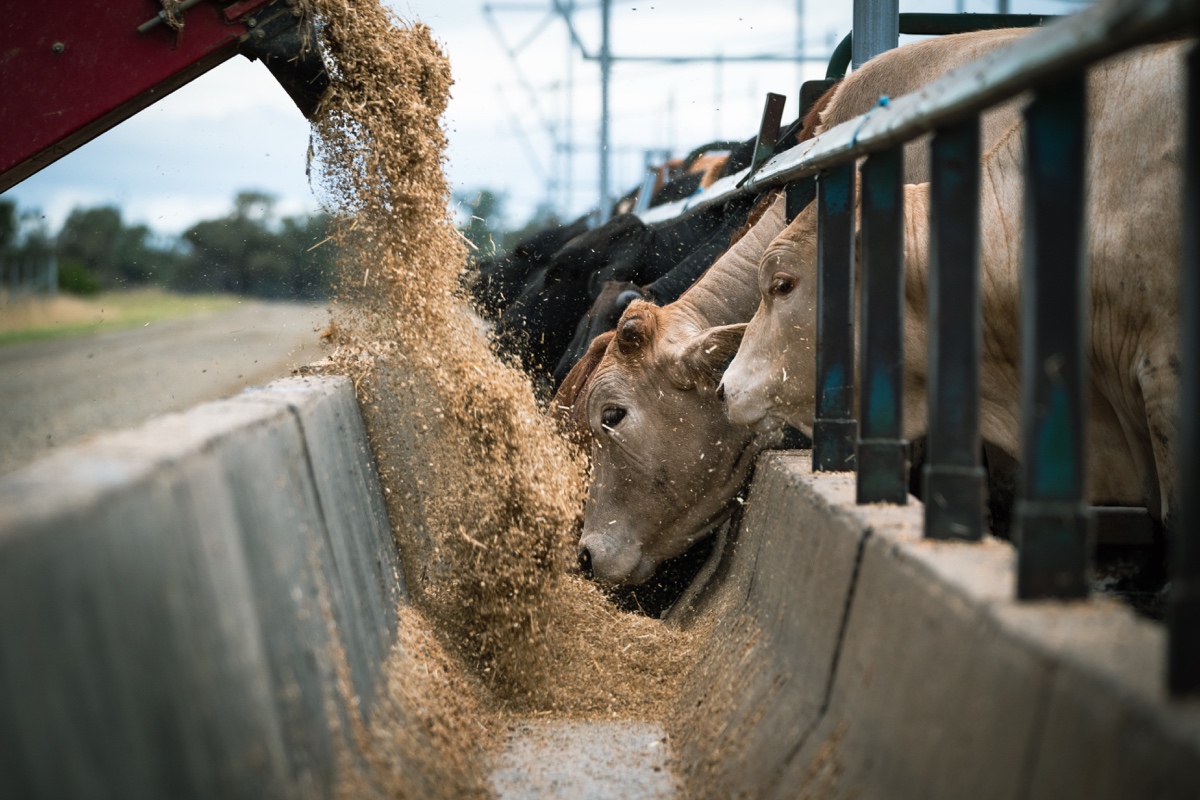
DO we have a complete picture of ruminant livestock and their role in climate change?
The role of ruminant livestock as convertors of waste products into protein is often overlooked in greenhouse gas calculations, UNE livestock nutritionist and modeller Dr Holland Dougherty says. She wants to correct the record.
Dr Dougherty addressed the 2022 Agritech Futures Series on Friday, making the point that byproducts from human food and fibre crops make up about a third of livestock diets globally.
“If we didn’t have livestock to upcycle these products, we would have to find another use for them,” Dr Dougherty says.
“And for some of these byproducts, there’s not many other uses – or if there are other uses, they don’t contribute to the human food supply.”
“The sustainability metrics we use don’t tend to capture this symbiosis, where ruminants make it possible to turn waste material into food rather than us losing that material out of the food cycle.”
Dr Dougherty was one of seven speakers at theAgritech Futures seminar, titled Cow in the Room: The role of livestock in managing climate.
Dr Dougherty said that the scientific literature is deficient on the subject of “upcycling”.
With other UNE scientists, she hopes to launch a research project that will correct the deficiency.
“Across the world, we use livestock to clean up our messes,” she says. “For every 100 kilograms of food we produce, about 37 kilos of byproducts are produced that can be fed to livestock – and that’s exactly what farmers tend to do.”
“What would happen to the numbers if livestock were not there, converting crop waste to protein? If that material was actually wasted, or used outside our food supply? What would be the greenhouse gas penalty of producing more food to replace that protein we now grow on crop byproducts?”
“We still need more of a big-picture perspective on the role of livestock. I think it’s really vital that we get that information, both to better understand our food production systems, and to guide policy around climate change.”
Source: UNE

Amazing
There is to much simplistic messaging used in the GhG
/ Carbon lecture. It is truly time, science came to the fore in this debate. Science on the side of grazing systems and those who manage them.
Holistic farming and a holistic discussion. Cover the whole range of subject not what attracts head lines and scares political advisers plus puts rural industries off side.
A great subject and story that people need to know about. There is plenty of byproducts used in animal production that would otherwise become environmental waste. Well done.